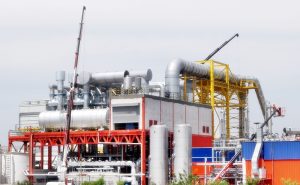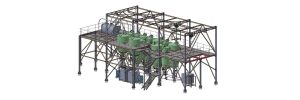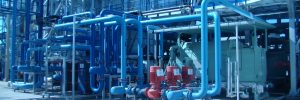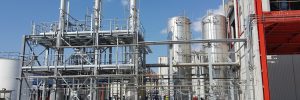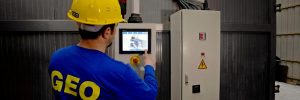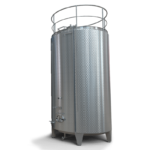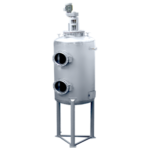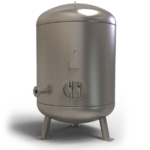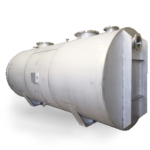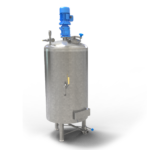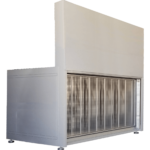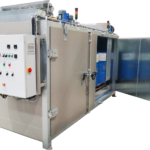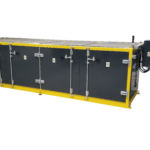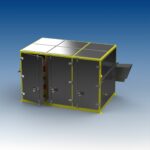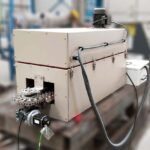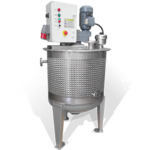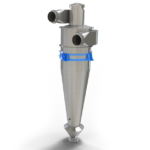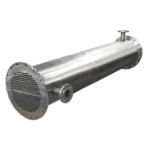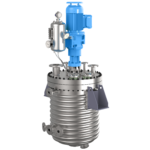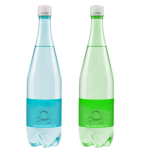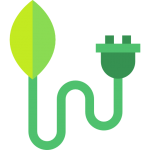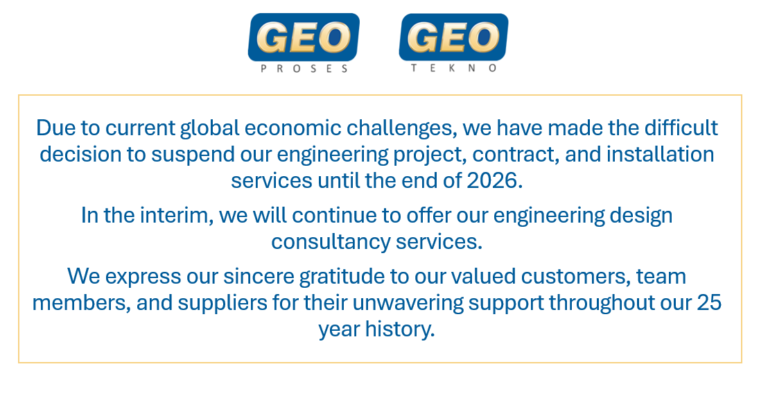The use of organic fertilizers in agricultural activities is becoming more and more popular. The main reason for this is the use of organic fertilizers to provide more efficiency from the soil. In addition, it is claimed that by making the necessary analyzes at every stage of production with appropriate technology, the degradation that has occurred in the soil over the years can be corrected, provided that it is fertilized with a real organic fertilizer, and the deteriorated structure can only be prevented by adequate and regular fertilization. The demand for organic fertilizer is increasing gradually with the effect of the incentives of the state regarding the use of organic fertilizers, recognizing the importance and the awareness of the private sector in this field.
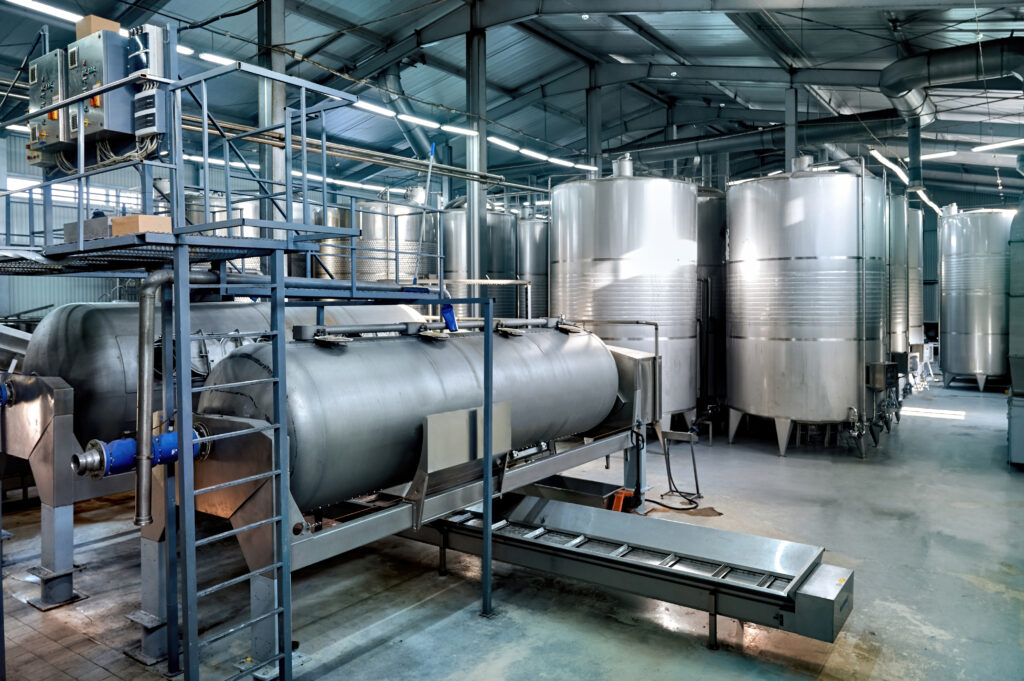
Due to the insufficient amount of organic component measured in soil analysis, it is predicted that the demand for organic fertilizers in the market will increase even more in the future. This situation encourages investors to establish an organic fertilizer facility. There are many factors that come into play in the planning phase of industrial fertilizer production. A few of them can be listed as follows;
- Raw Materials and Auxiliary Materials
Necessary raw materials for organic fertilizer in accordance with the relevant section of the organic agriculture regulation are as chicken manures obtained from poultry farms, bovine and ovine manure and fruit juice factory waste. With the production of organic fertilizers, these substances, which cause environmental pollution and emit negative odors, are also important in terms of providing added value to the economy as well as protecting people and the environment.
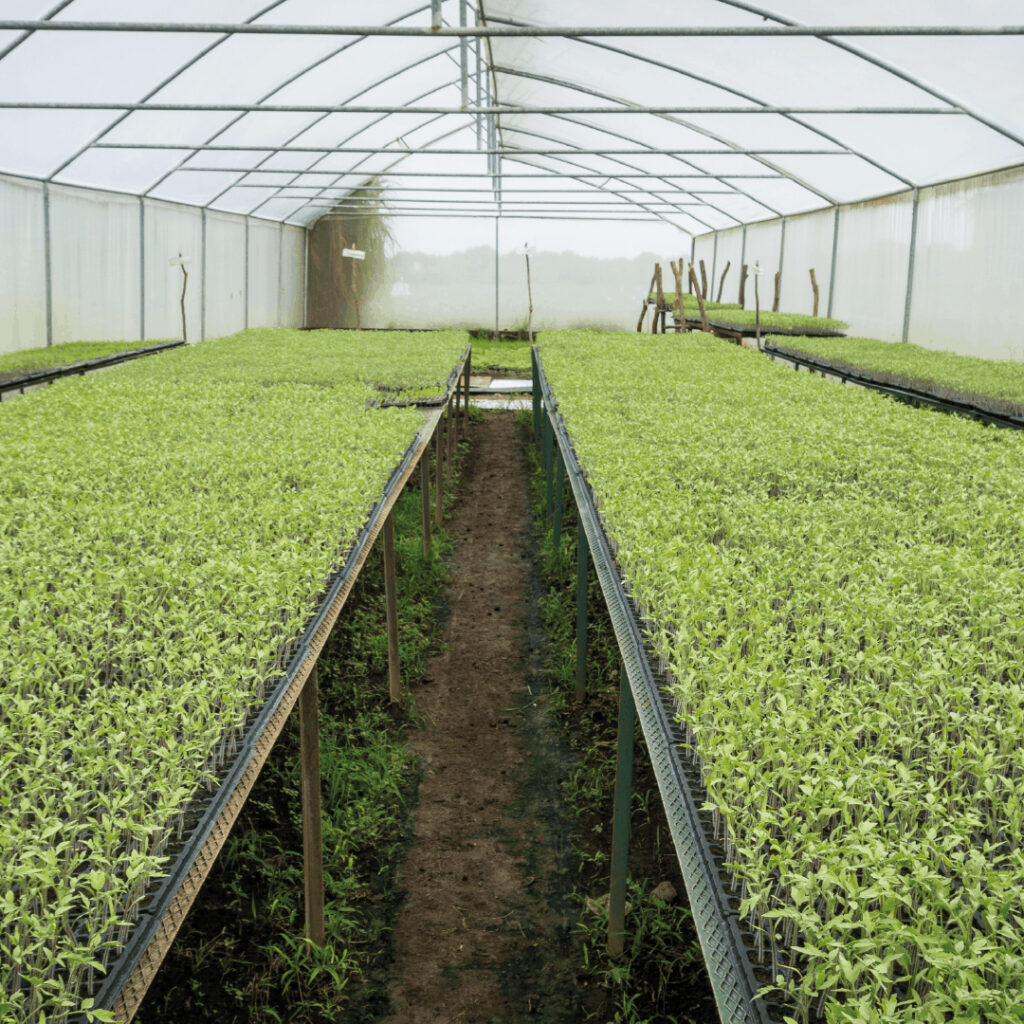
2. Product type
Organic fertilizer types widely produced in organic fertilizer plants are as follows;
- solid organic fertilizer,
- liquid organic fertilizer,
- solid farm manure,
- liquid farm manure,
- poultry solid animal manure
3. The Place Where The Facility Will Be Established
The following factors should definitely be evaluated while choosing a place for an organic fertilizer production facility;
- Proximity to raw material resources,
- Distance to city centers,
- Infrastructure suitability (water, electricity, etc. infrastructural suitability)
- Easy access,
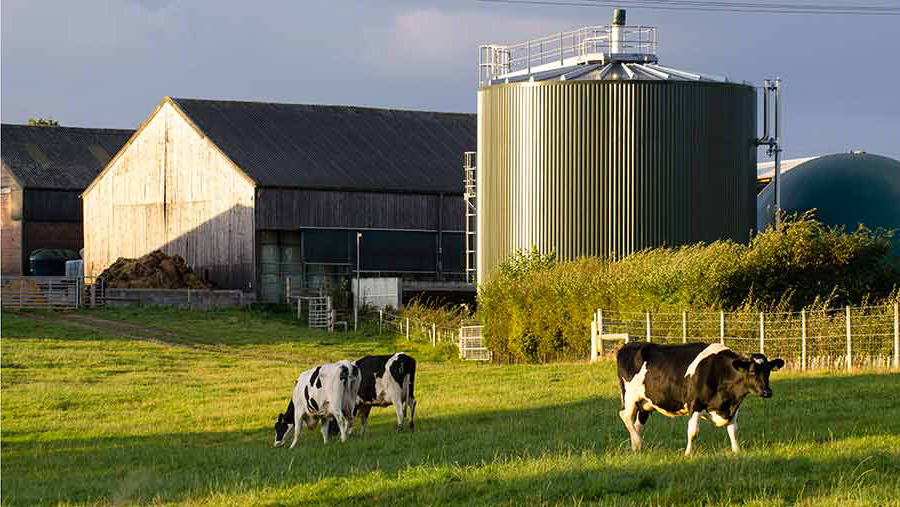
4. Investment Process
Main cost factors in organic fertilizer production facility investment are land acquisition cost, building-construction cost, machinery and equipment cost. The ratio of these costs in total varies depending on what kind of organic material will be produced and which production methods will be used.The main expenses in the operating period are raw material and auxiliary material costs, labor expenses and energy expenses.Apart from all these, the most important factor to be considered when establishing an organic fertilizer production facility is that it is a suitable process for the products you will process. If you agree with a company experienced in machine equipment and plant installation, you will save both your production and the resources you spend in the production process.
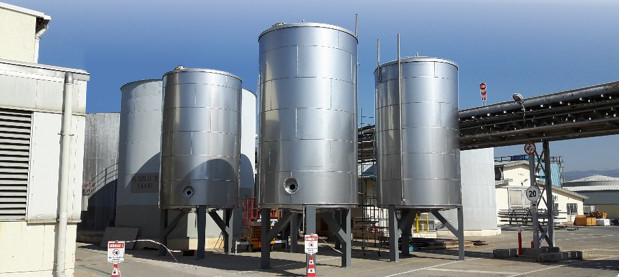
GEO has the necessary technical expertise and know-how to provide tailored services and solutions for your company. In order to increase your productivity and start production in the fastest way, you can contact our experienced team and benefit from our special design and service understanding.



